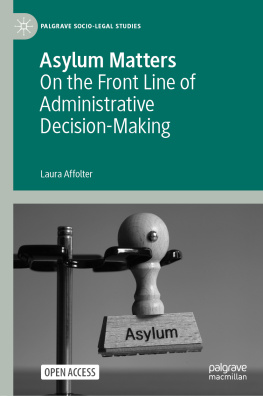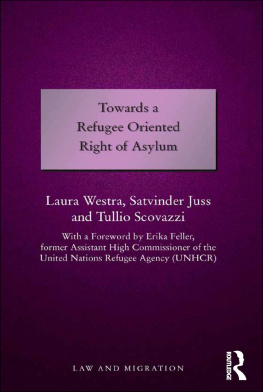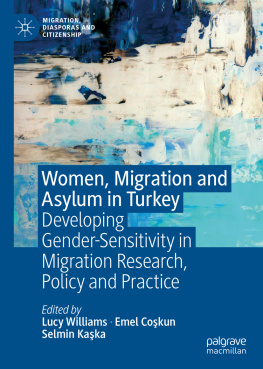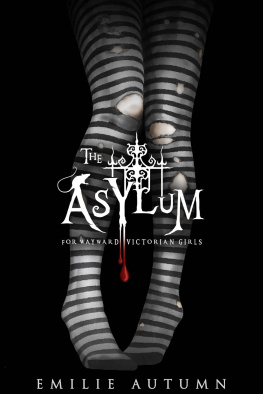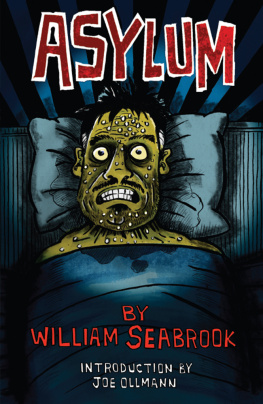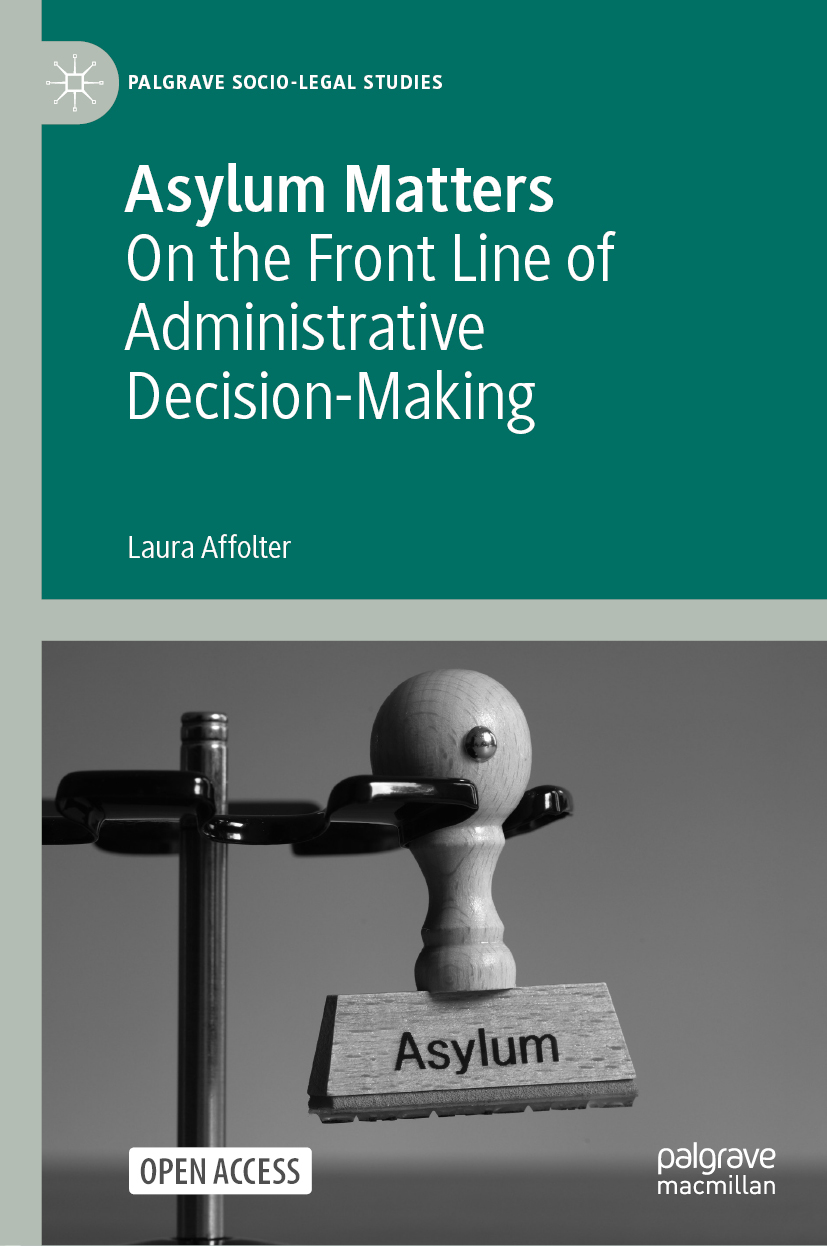This book is an open access publication.

Open Access This book is licensed under the terms of the Creative Commons Attribution 4.0 International License ( http://creativecommons.org/licenses/by/4.0/ ), which permits use, sharing, adaptation, distribution and reproduction in any medium or format, as long as you give appropriate credit to the original author(s) and the source, provide a link to the Creative Commons license and indicate if changes were made.
The images or other third party material in this book are included in the book's Creative Commons license, unless indicated otherwise in a credit line to the material. If material is not included in the book's Creative Commons license and your intended use is not permitted by statutory regulation or exceeds the permitted use, you will need to obtain permission directly from the copyright holder.
The use of general descriptive names, registered names, trademarks, service marks, etc. in this publication does not imply, even in the absence of a specific statement, that such names are exempt from the relevant protective laws and regulations and therefore free for general use.
The publisher, the authors and the editors are safe to assume that the advice and information in this book are believed to be true and accurate at the date of publication. Neither the publisher nor the authors or the editors give a warranty, expressed or implied, with respect to the material contained herein or for any errors or omissions that may have been made. The publisher remains neutral with regard to jurisdictional claims in published maps and institutional affiliations.
This Palgrave Macmillan imprint is published by the registered company Springer Nature Switzerland AG
The registered company address is: Gewerbestrasse 11, 6330 Cham, Switzerland
Acknowledgements
This book is a collaborative work. Writing it would not have been possible without the support of so many people: colleagues, friends, family and all the people in the State Secretariat for Migration (SEM) who made this research possible in the first place. I am truly grateful for your trust and for your countless contributions to the making of this book.
I am profoundly grateful to Julia Eckert for being such a great mentor, supervisor and wonderful colleague over the last eight years. Thank you for always taking the time to read and engage deeply with my writing, for coaxing me towards asking the right questions with your critical comments, for pointing me in new analytical directions, for bringing my attention to the crucial little details whenever I could no longer see the wood for the trees and for pushing me when I needed it most. You are a huge inspiration to me.
Thank you so much to my colleagues and friends at the institute in Bern, Anna-Lena Wolf, Ephraim Poertner, David Loher, Johanna Mugler, Raphal Rey, Johanna Fuchs, Simon Affolter, Simone Marti, Angela Lindt, Kiri Santer, Sharib Ali, Johannes Balthasar Oertli and Reesha Sharma, for sharing your thoughts with me on so many of my chapter drafts. Your ideas have greatly contributed to this book.
Thank you to Ephraim Poertner and Jonathan Miaz for being so open about your research, for allowing me to draw on parts of it, and for the many insightful discussions. Collaborating with you has been great fun and has helped me think differently about several issues in this book.
I am also grateful to Tobias Kelly whose critical yet encouraging words on my doctoral thesis were enormously helpful for turning the thesis into a book. Thank you too to all the colleagues whose insightful comments on other publications of mine have shaped the ideas in this book: Anna Wyss, Anne Lavanchy, Annika Lindberg, Anthony Good, Christian Lahusen, Christin Achermann, Lisa Marie Borrelli, Marion Fresia and Stephanie Schneider.
This research would not have been possible without the openness of the people at the SEM. Thank you for sharing your experiences with me, for allowing me to accompany you in your work and for letting me observe you carry out your daily tasks. I know that cannot have been easy, and I truly appreciate your trust. I am especially indebted to Stephan Parak, the late Matthias Keusch and Fabienne Glatthard for helping me gain access to the field and for enabling this research endeavour. I also thank the Swiss National Science Foundation for funding this research.
I am very thankful to my friends and family for their endless support and encouragement, especially during the time of writing. Thank you for your pep talks; for the early morning coffee encounters; for forcing me to take breaks; for the tasty food and for distracting me with Ping-Pong. For this I am particularly grateful to Chicho, my parents Benno and Jacqui, Sandra, Robin, Myri, Sin, Fabienne, Anna-Lena and Julie.
Thank you, Fabienne, for your support in so many different ways, for never letting this research project stand in the way of our friendship and for being the best friend one could wish for.
Thank you, Sin, for all the legal expertise you offered, always at such short notice.
Thank you, Mum and Sandra, for all your last minute help.
And thank you, Chicho, for always being here for me and for never letting me give upnot even on the little things.

